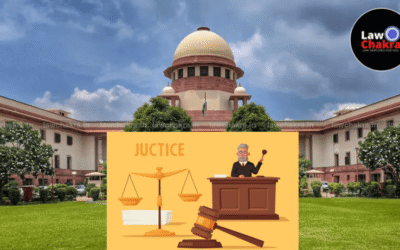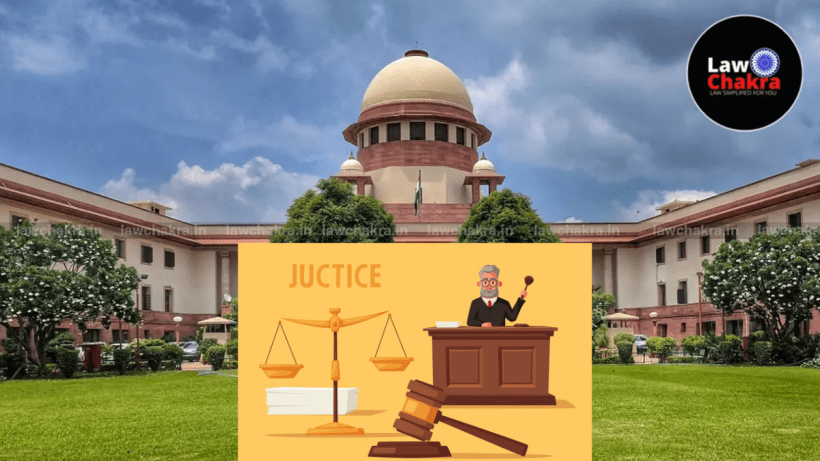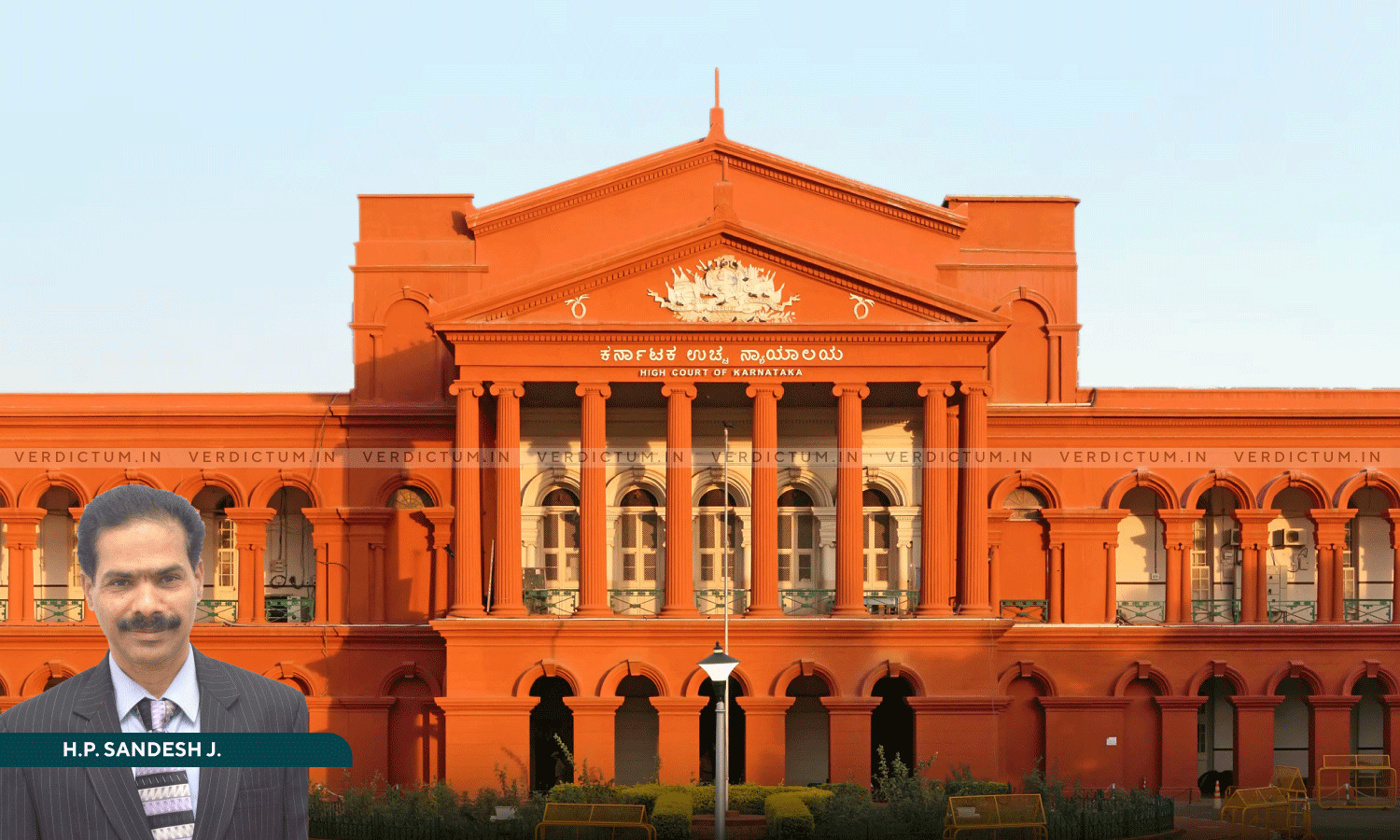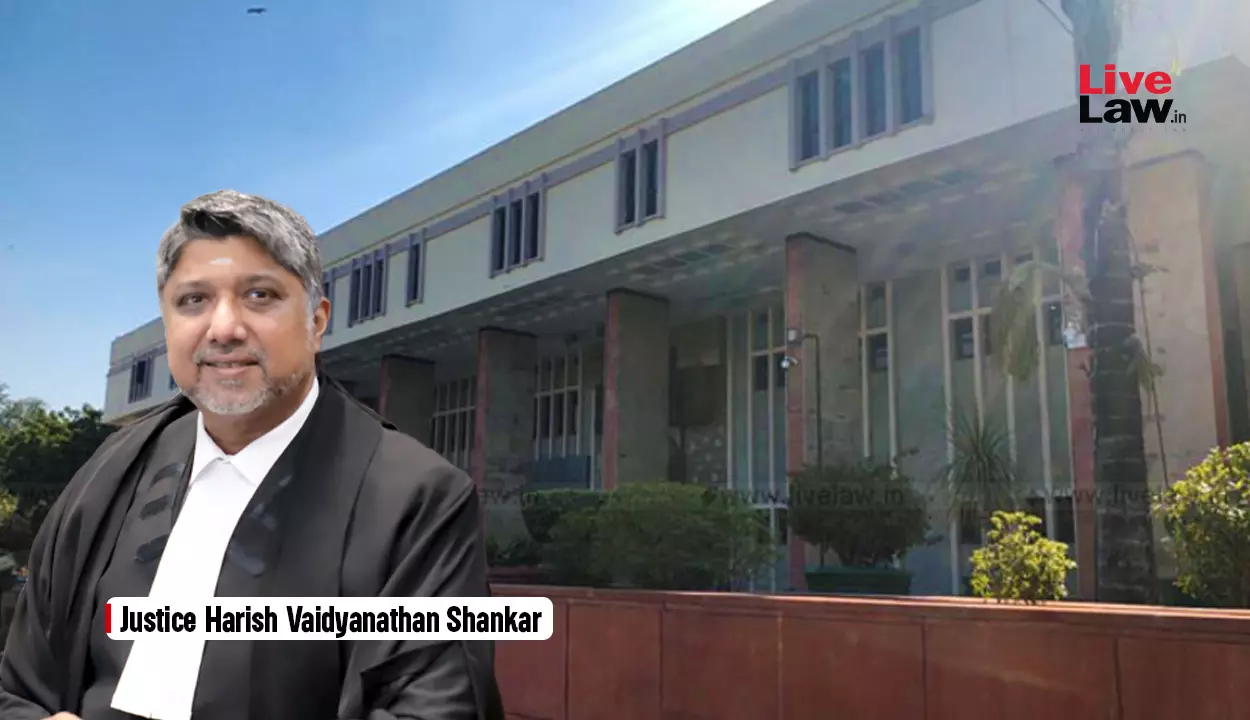Justice Gavai’s Powerful Message After Pahalgam Attack Sparks National Reflection

Justice B.R. Gavai’s remark — “War yields nothing” — following the Pahalgam attack urges India to prioritize peace and dialogue over conflict. His bold statement reaffirms the judiciary’s role in upholding constitutional values in times of crisis.
In the wake of the tragic Pahalgam terror attack, Supreme Court judge and incoming Chief Justice of India, Justice B.R. Gavai, made a deeply reflective and impactful statement that has resonated across India’s legal and political spectrum.
ALSO READ:“Kesavananda Bharati Is a Milestone in Indian Jurisprudence, Advancing Social & Economic Justice”: Justice BR Gavai
Speaking at an event hosted by the Supreme Court Bar Association, Justice Gavai emphasized the futility of war and the lasting value of peace in a constitutional democracy.
he stated,
“War yields nothing,”
as he responded to questions and reflections on Operation Sindoor, the counter-offensive launched by the Indian Army following the Pahalgam incident.
A Constitutional Voice for Peace
While the attack in Pahalgam shook the nation and rightly prompted strong security responses, Justice Gavai’s comments offer a sobering counterpoint.
His statement reminds citizens and institutions alike that India’s strength lies not only in defense capabilities but in its unwavering commitment to peace, constitutional values, and democratic dialogue.
Justice Gavai noted,
“India never initiates war but is always ready to defend itself,”
He followed this by saying,
“Dialogue and peace efforts should always be preferred over conflict.”
These remarks, delivered at a high-level legal gathering, weren’t just personal opinions.
ALSO READ: President Droupadi Murmu Nominated Justice BR Gavai As Executive Chairman of NALSA
They echo India’s long-standing international policy of strategic restraint, which has defined the country’s posture in countless conflicts from Kargil to Pulwama.

The Role of Judiciary in Upholding Peace
Justice Gavai’s position also underscores the moral and philosophical role of the judiciary.
While the courts do not determine military responses, they do play a critical role in preserving civil liberties, checking executive overreach, and ensuring that constitutional ideals aren’t lost in moments of crisis.
In an era where hyper-nationalism and populist rhetoric can sometimes overshadow the Constitution, Justice Gavai’s calm assertion about peace sends a timely reminder: the real strength of a nation lies in its ability to hold itself accountable to reason and justice, even in the face of adversity.
Context of Operation Sindoor and Judicial Wisdom
Operation Sindoor was initiated in response to the terror attack in Pahalgam, which left several soldiers and civilians injured and was condemned across the country.
The Army’s swift reaction was applauded, yet Justice Gavai’s emphasis was not on retaliation but reflection.
His legal philosophy rooted in the Constitution of India, Ambedkarite social justice, and human dignity seeks restraint over revenge, law over violence, and dialogue over destruction.
This not only strengthens public trust in the judiciary but also reflects a maturing democratic conscience.
Echoes of Gandhi and Ambedkar
Justice Gavai’s position aligns with India’s civilizational ethos. Mahatma Gandhi, the apostle of non-violence, and Dr. B.R. Ambedkar, the architect of the Constitution, both believed that lasting change comes through dialogue, not destruction.
In repeating “War yields nothing,” Justice Gavai carries that legacy into the 21st century, reminding modern India of its deepest values.
Justice Gavai’s voice, soon to lead the Supreme Court as its first Dalit Chief Justice, carries the weight of both experience and principle.
His comments after the Pahalgam attack are not only a critique of war but a constitutional vision for India’s future — one that is strong, yes, but also deeply humane.
In an age of rising global tension and domestic polarization, his call for peace over war stands as a rare and necessary form of courage.
Click Here to Read More On Justice B.R. Gavai







